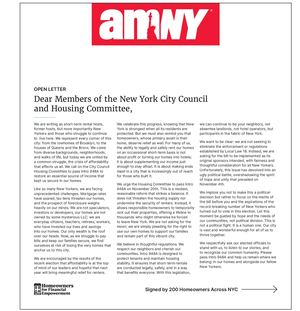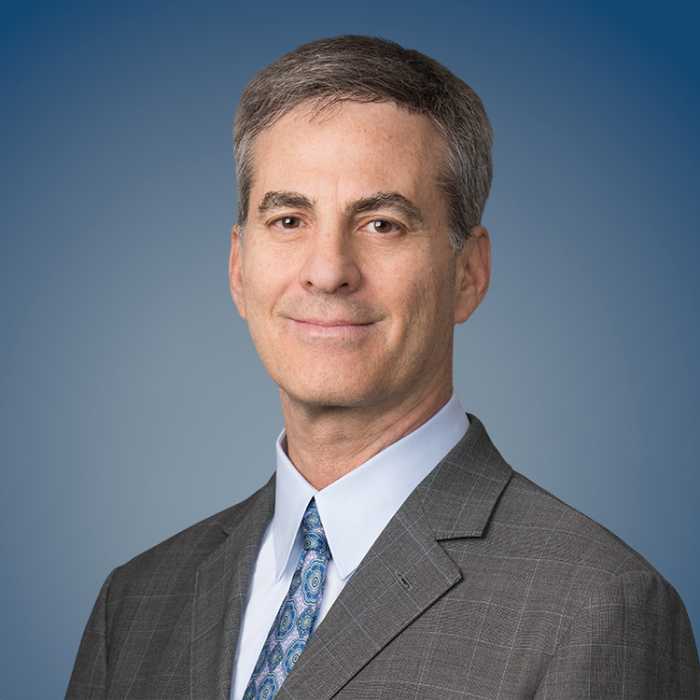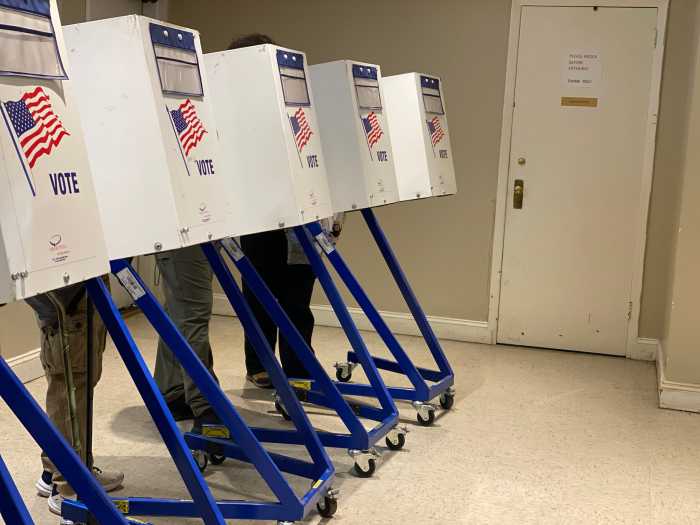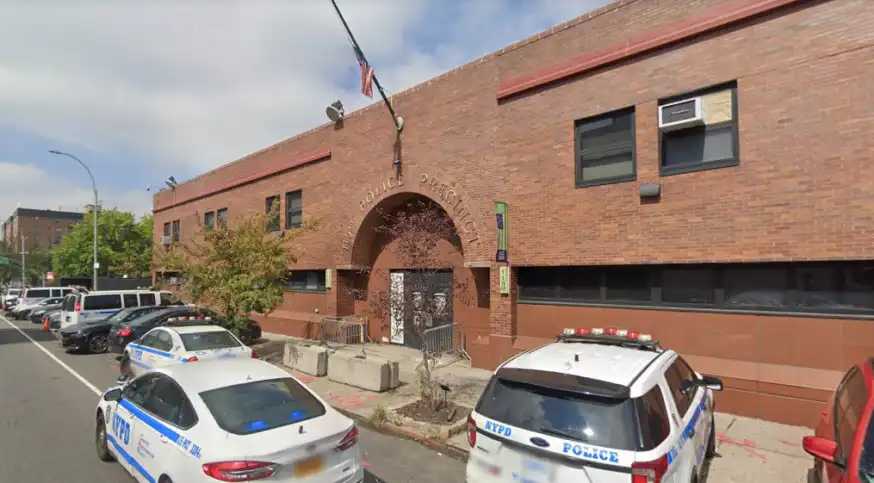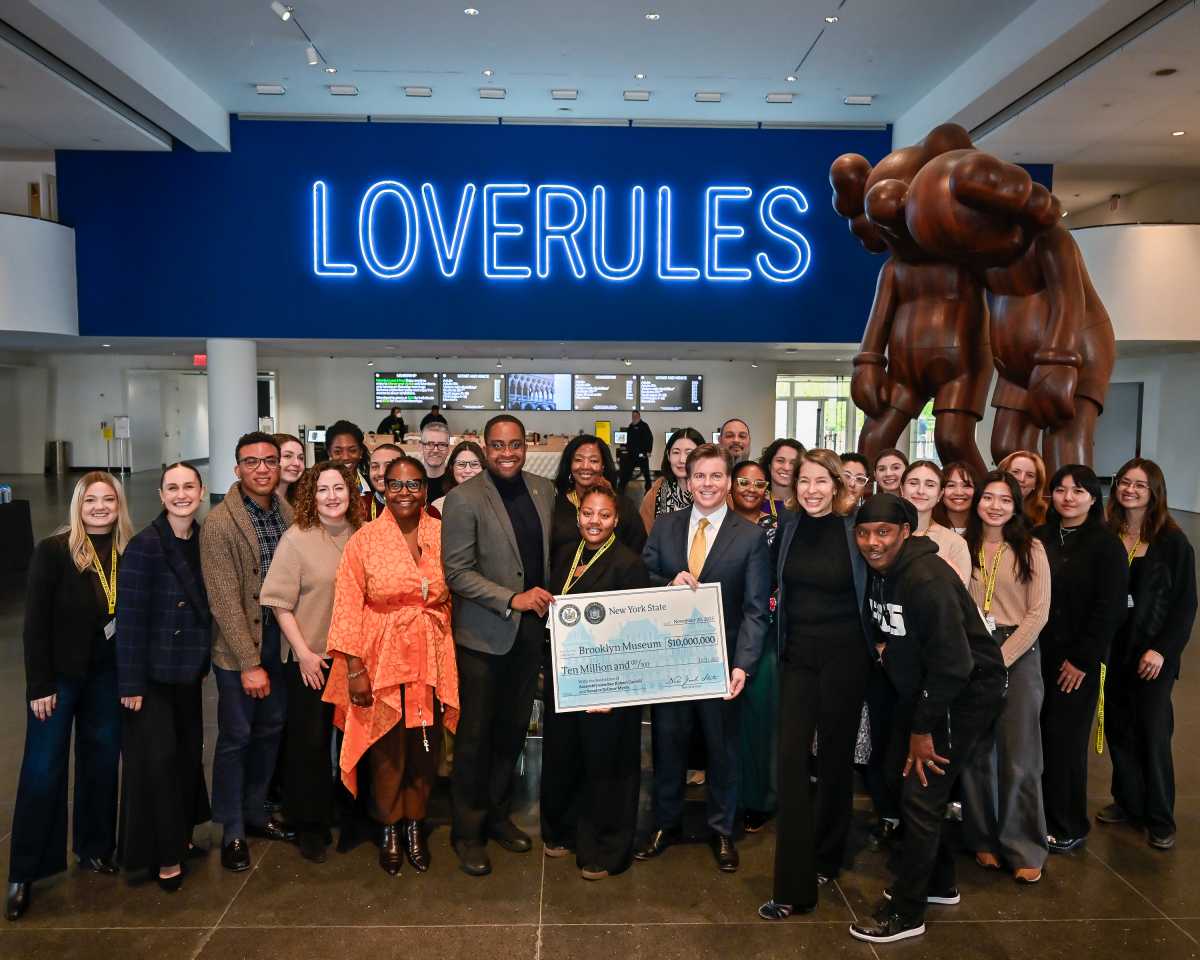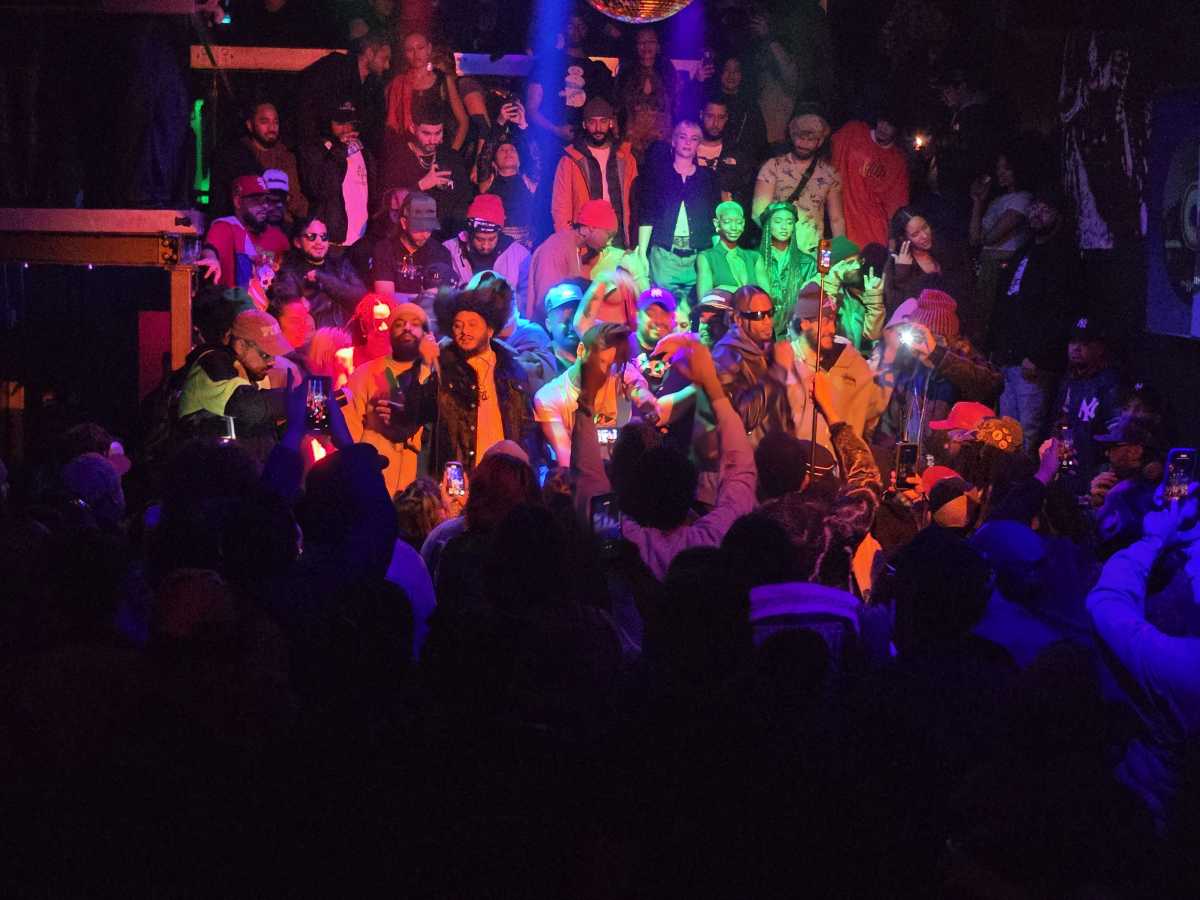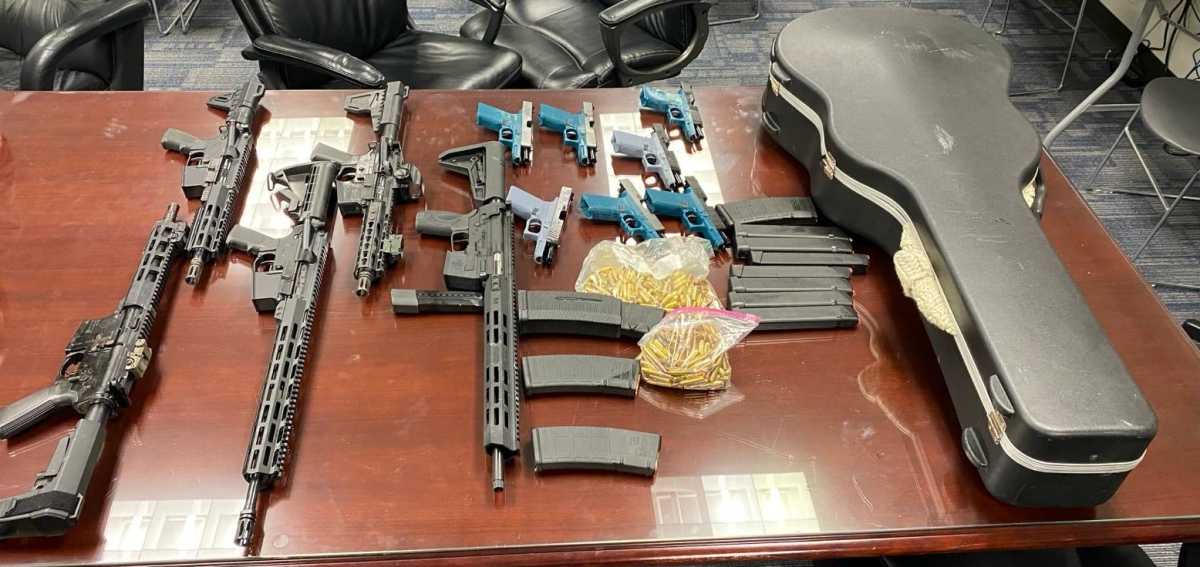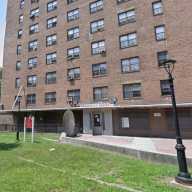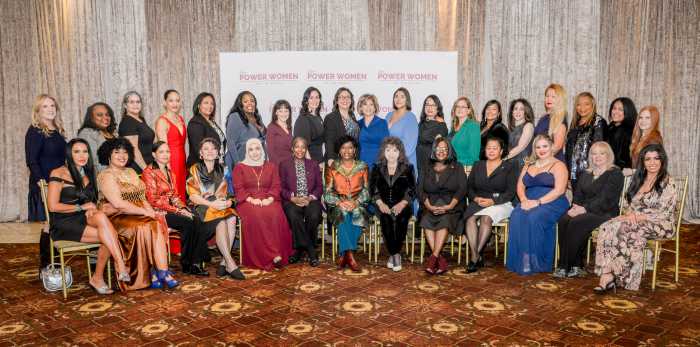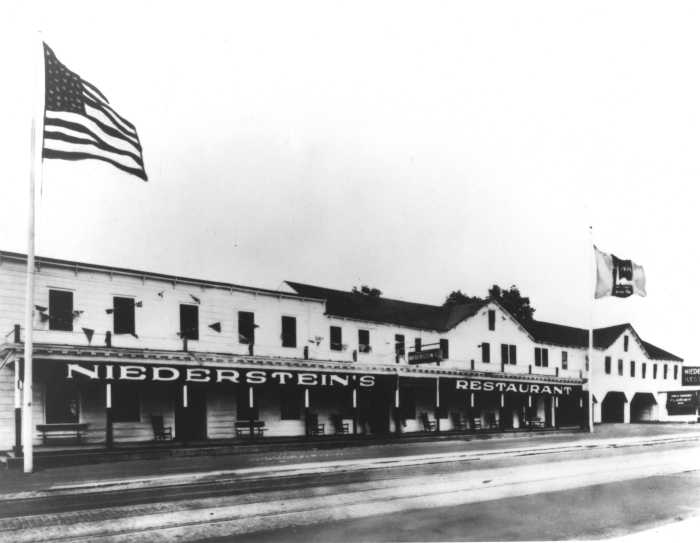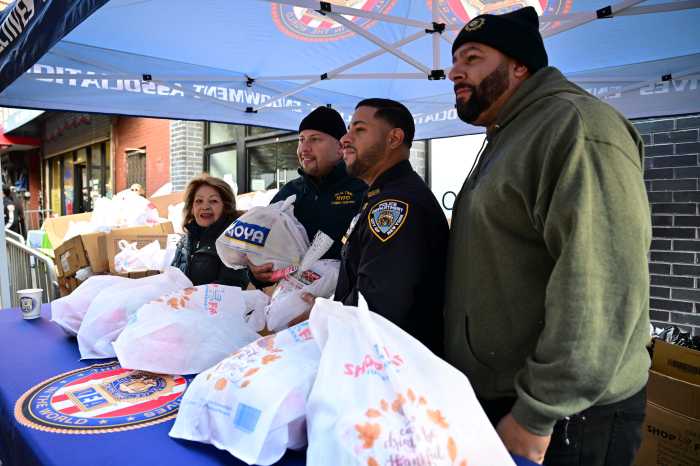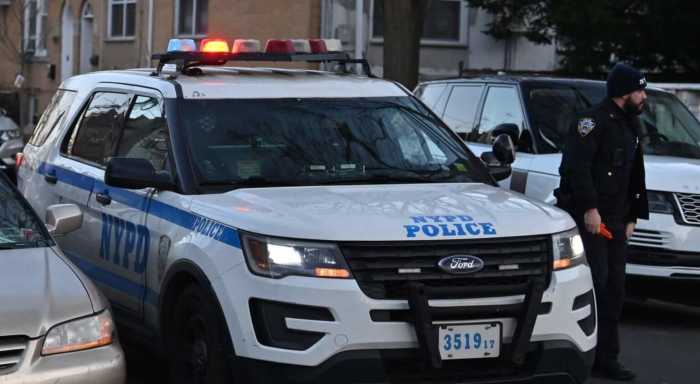David Gaskin, 34, didn’t realize that his mother was traumatized by gun violence when he was young.
When he was growing up in Bedford-Stuyvesant, he remembers her getting nervous at the sound of “fireworks.” One time she heard them particularly close by and ran frantically through the house investigating. She —found her bedroom windows shot out.
Not long after that, Gaskin says, his brother was arrested for crimes with a weapon.
And after that, Gaskin was playing with cousins in a nearby playground when two older guys saw them, made the young students sit down, and played a game of Russian roulette. The gun-holder pointed at each of Gaskin’s cousins in turn and pulled the trigger. They didn’t flinch. Then the gun was pointed at Gaskin. He screamed.
“I panicked,” he says. “I didn’t want to feel like that anymore.”
That led him to become a gang member, and at age 17, he says, “I became a perpetrator of gun violence.” He spent nearly ten years in prison.
Since then, he has tried to convince others to put down their guns,principally as the program manager of Save Our Streets Crown Heights. He and his team aim to “interrupt” violence before it happens by convincing warring parties not to shoot. They have had encouraging success in some areas, such as the Albany Houses, which went over a year without a homicide thanks to mediation and engagement such as job opportunities. Next week, he’ll try another tool: ancient Greek tragedy.
Gaskin will be part of an April 6 production of Sophocles’ “Ajax,” put on by one of NYC’s public-artists-in-residence, Bryan Doerries. Since 2009, Doerries has been preaching the power of Greek tragedy to air and salve social issues from PTSD to substance abuse, with the thesis that working through the elemental subjects of ancient playwrights can offer public health benefits today. His productions often feature famous actors, paired with town-hall style discussions led by Doerries and community leaders like Gaskin to relate the plays to modern ills.
Critics might be skeptical of the projects’ impossibly lofty goals — epiphany for people who have seen trauma, alleviated by hearing speeches from an hour of a dusty script. But Doerries and the participants commit themselves, and their efforts seem to have some effect.
In a previous job working for the publisher of Doerries’ translations, I attended one of his events focused on veterans and war correspondents and was surprised by how quickly Doerries and the other participants were able to get audience members, including a senior officer, to relive and discuss their experiences at war.
Gaskin described a similar experience when he was at a showing of “Ajax” and “Philoctetes” last week.
The upcoming event in Crown Heights is based on the Greek tragedy “Ajax,” which details the depression of the intense warrior following the death of his comrade Achilles. The play will be performed by Reg E. Cathey of The Wire and Fantastic Four, Amy Ryan of Bridge of Spies and City Council member Jumaane Williams.
Doerries is organizing 60 productions like this scheduled in all five boroughs, including a bilingual performance in the Bronx and a performance in Brooklyn that dramatizes Martin Luther King Jr.’s final sermon.
For the plays to really have an effect, they depend on partners like Gaskin who help draw in audiences and encourage them to open up about their own lives.
“I come from a community where we are plagued by trauma, where everybody’s walking around like we are ok,” says Gaskin. The plays can provide a forum to air people’s problems, and are also an opportunity to keep young people engaged, make them realize that violence doesn’t have to be normal and endured alone: it’s ancient.
Treating modern gun violence isn’t easy. Gaskin’s anti-violence group flooded the streets last year during J’Ouvert, the nighttime component of the West Indian Day Parade that has led to violence. Two people were fatally shot at that event, though not in the area canvassed by SOS, where Gaskin says the group was met with thanks from community members who recognized them.
Sometimes, says Gaskin, you just have to be persistent in handing out a flyer to some kid who maybe will later come into the office looking for a job or help.
Will some of those kids be convinced to go to “Ajax”?
“I believe we’re going to have good support there from our end,” Gaskin says.
